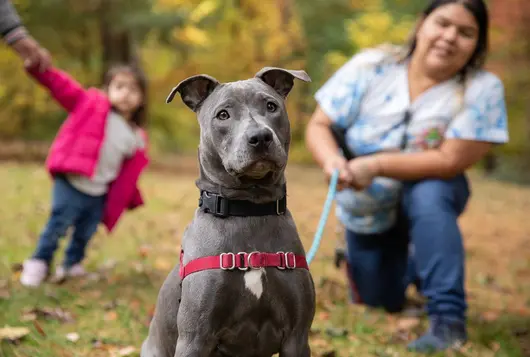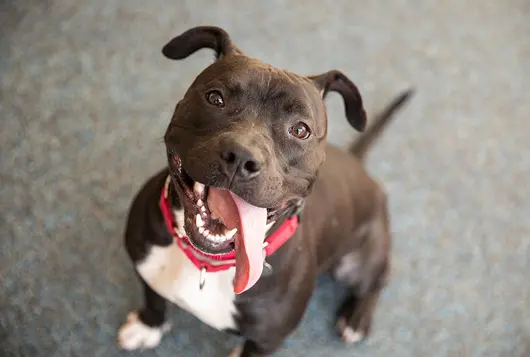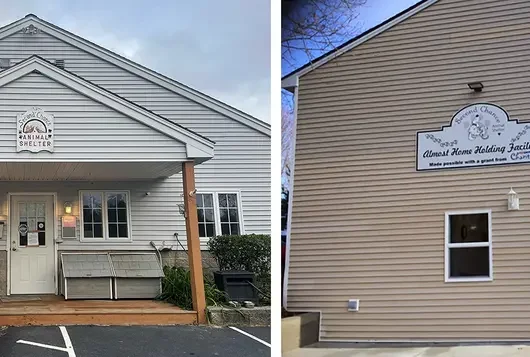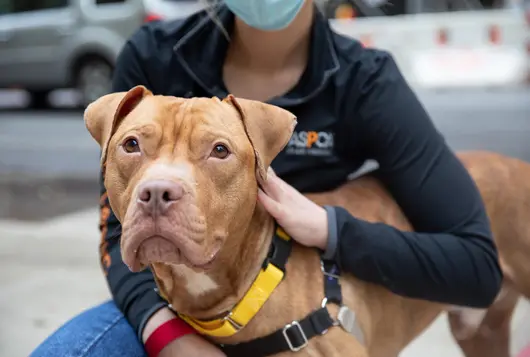Pets as Gifts? Wrap ‘em Up!
About this Webinar
What does the research tell us about pets as gifts? You may be surprised to learn that pets as gifts may be the very best type of adoption you can do!
Can you make Pets as Gifts work at your agency? Yes, you can! Download our free tips sheet with helpful ideas from three agencies that busted the myth!
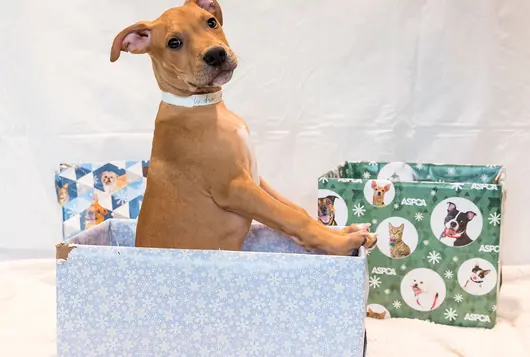
Takeaways
In 2013, the ASPCA surveyed people who had received their pets as gifts in order to learn more about their attachment to – and the retention of – those pets. We also explored the difference in those factors for people who obtained their gifted pet as a surprise. This webinar will outline the historic research on pets as gifts and review the ASPCA’s 2013 study. Walk away from this 60-minute webinar with the tools to give pets as gifts a try at your organization.
Bonus
Check out our pets as gifts research.
See how one agency is doing holiday pet gift deliveries.
Learn how to handle logistics of third-party adoptions
Downloads
Recording
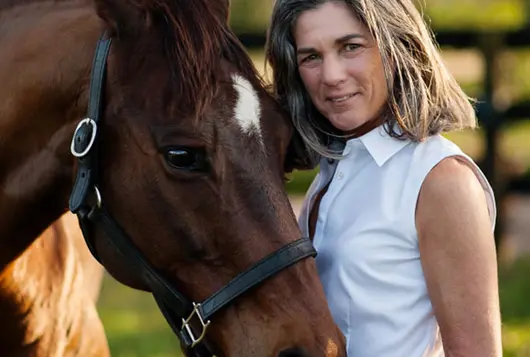
Emily Weiss, PhD
ASPCA Vice President, Equine Welfare
Emily Weiss, PhD, oversees strategic direction of the ASPCA Equine Welfare program. As an Applied Animal Behaviorist, Weiss has worked with species as varied as lions, orangutans, elephants and Komodo dragons, as well as many dogs, cats and horses. Weiss is a lifelong horse owner and trainer and has conducted research regarding adoption and rehoming of horses. Dr. Weiss leads the efforts at the ASPCA to achieve the goal of all equines have good welfare. The work aims squarely on increasing the rehoming of horses, the development of effective safety net programming and a third focus of effective law enforcement response to cruelty and neglect. She is a founding member of Equine Welfare Data Collective and serves on the Animal Welfare Advisory board of the American Horse Council. A nationally recognized speaker, Dr. Weiss has published extensively on topics related to applied animal behavior. She also served as the ASPCA’s VP of Research & Development, overseeing groundbreaking research related to the animal sheltering field and developing assessment tools for shelter animals. Before that she created training programs to improve husbandry and decrease stress for many zoo animals. In all her work two central questions have driven her approach – Why? And - How do you know? These questions guide a consistent creative and scientific approach to the work of improving welfare.

